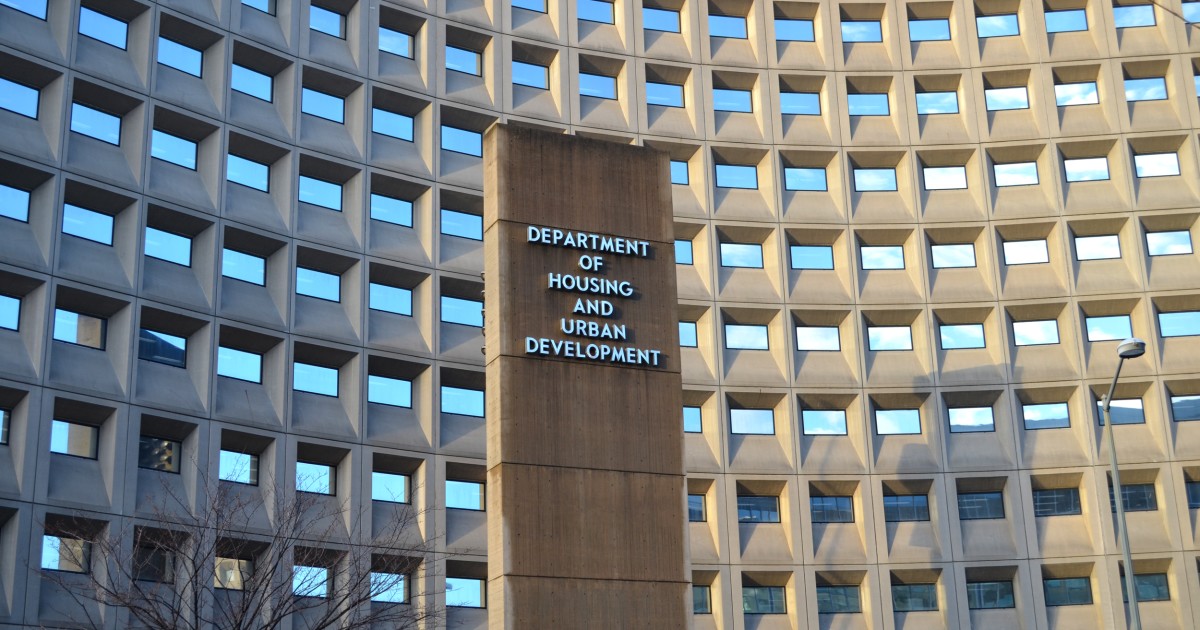
The Federal Housing Administration has added to its list of “unacceptable assets,” items which can’t be included in calculations used to determine participant eligibility for mortgage companies.
Added to that list, which is relevant to net worth computations, are items aimed at offsetting future expenditures such as deferred taxes or prepaid expenses. Real property and buildings other than home offices approved by the Department of Housing and Urban Development also have been added. In addition, the FHA is now requiring that schedules of “other assets” to be attested to by an independent entity using generally accepted auditing standards.
The FHA made the adjustments to the list in response to changes in the HUD Office of Inspector-General’s audit guide, according to an information bulletin published on Sept. 30.
The changes will impact both continued adjusted net-worth obligations, which are reported quarterly, and annual recertification of financial data submissions. They are effective immediately with a mandatory Dec. 31 compliance deadline.
“It’s not hard to provide the schedule that they’re requesting, the calculation itself is easy to comply with. Now with respect to certain entities and how they’re structured, most of us don’t carry high balances of prepaid expenses, most of us don’t carry a lot of real estate, but some companies may,” said Brenda Heen, chief financial officer at OnQ Financial in Tempe, Ariz.
The move suggests the FHA is taking steps to tighten some of its requirements following a pandemic in which loans that it insures experienced relatively higher levels of distress than some other types of government-related mortgage products. Loan performance is generally improving, but how much stress the pandemic ultimately will result in might not be seen until after the government finishes rolling back rescue funds and monetary policy measures aimed at blunting the coronavirus’ impacts.



